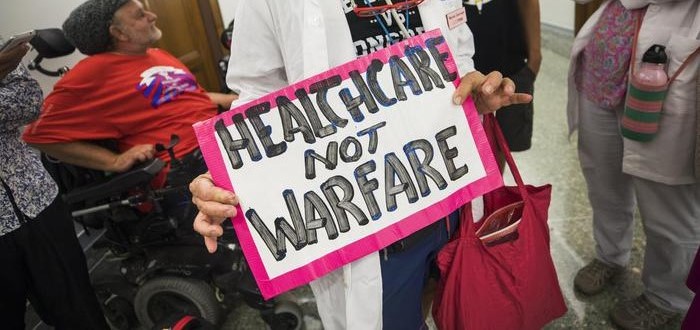A new legislative proposal in California has sparked controversy and public debate. The law, called the “Luigi Mangione Access to Health Care Act,” borrows the name of the man accused of murdering UnitedHealthcare CEO Brian Thompson, last December in New York.
The initiative aims to prevent health insurance companies from delaying or denying care and medications recommended by doctors.
The bill has already caused significant uproar, with many viewing it as a critique of the often controversial practices of the insurance industry. At the crime scene of Thompson’s murder, police found shell casings with the words “Delay, Deny, Depose.” These terms, which refer to legal strategies commonly used by multinational corporations to prolong timelines or deny reimbursement claims, have become a symbol for those who believe the insurance industry is too quick to deny access to vital healthcare treatments, putting patients’ health and well-being at risk.
The author of the proposal, former lawyer Paul Eisner, acknowledged that the inclusion of Mangione’s name was a strategic choice aimed at drawing attention to the issue, a move that has proven to be highly effective. Eisner emphasized how the bill seeks to change the way insurance agencies operate, ensuring they honor their commitments. He highlighted how, too often, companies take on the role of decision-makers about what is essential for their clients’ health without consulting healthcare professionals, and that this situation must be corrected through legislative reform.
Despite its title, the proposal has gained significant support. Proponents argue that this initiative will help highlight the unethical practices of companies that too often prioritize profit over the well-being of people in need.
Opponents, however, argue that associating the measure with a crime is morally unethical. The California Association of Health Plans, an organization representing insurance companies in the Golden State, condemned the initiative, calling it “repugnant” and accusing Eisner of using a murder to promote his political agenda.
While the law is under review by the Attorney General’s Office, the public comment period remains open until April 25. If the proposal moves forward, 546,000 valid signatures from registered voters will be required to place it on the 2026 ballot.










